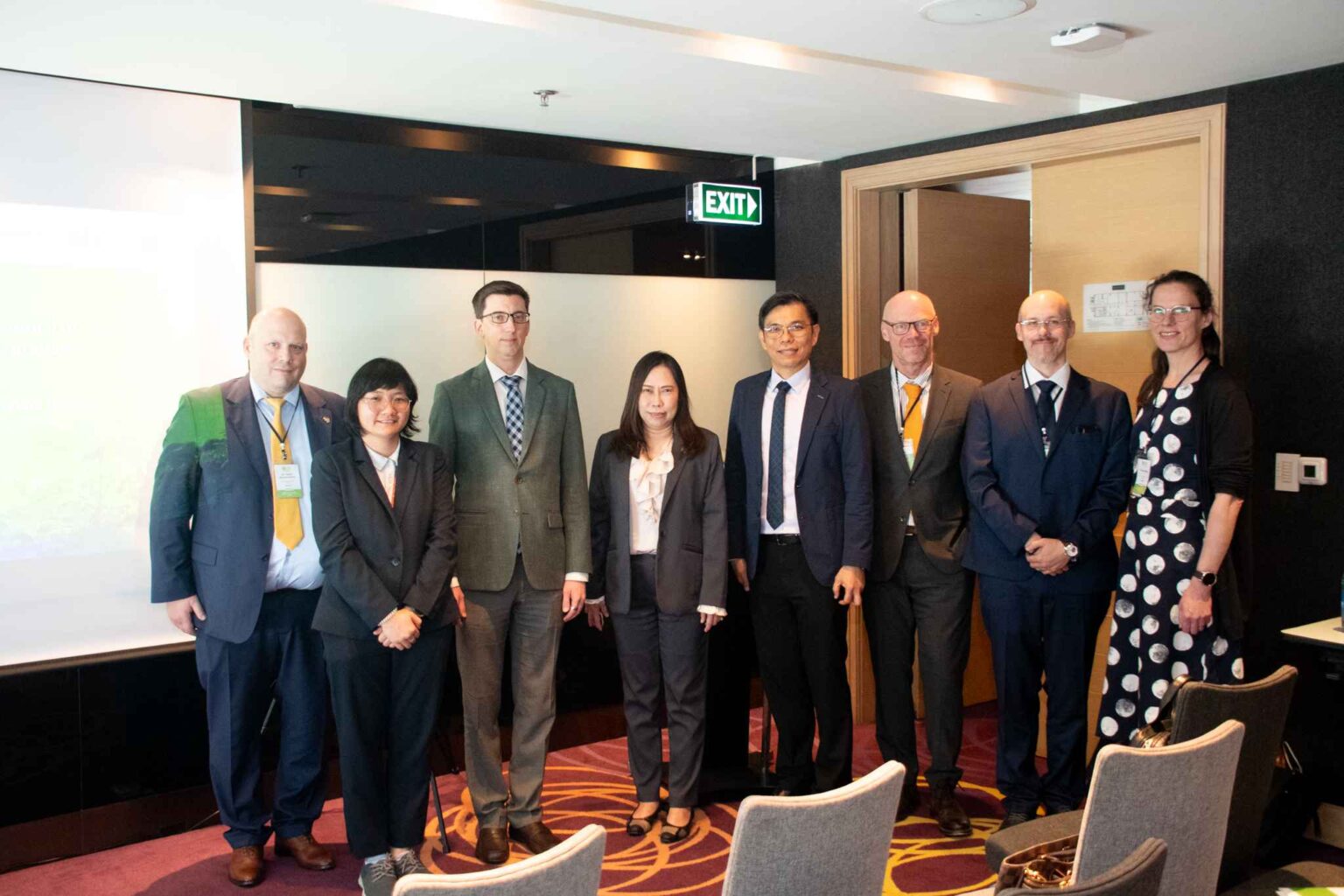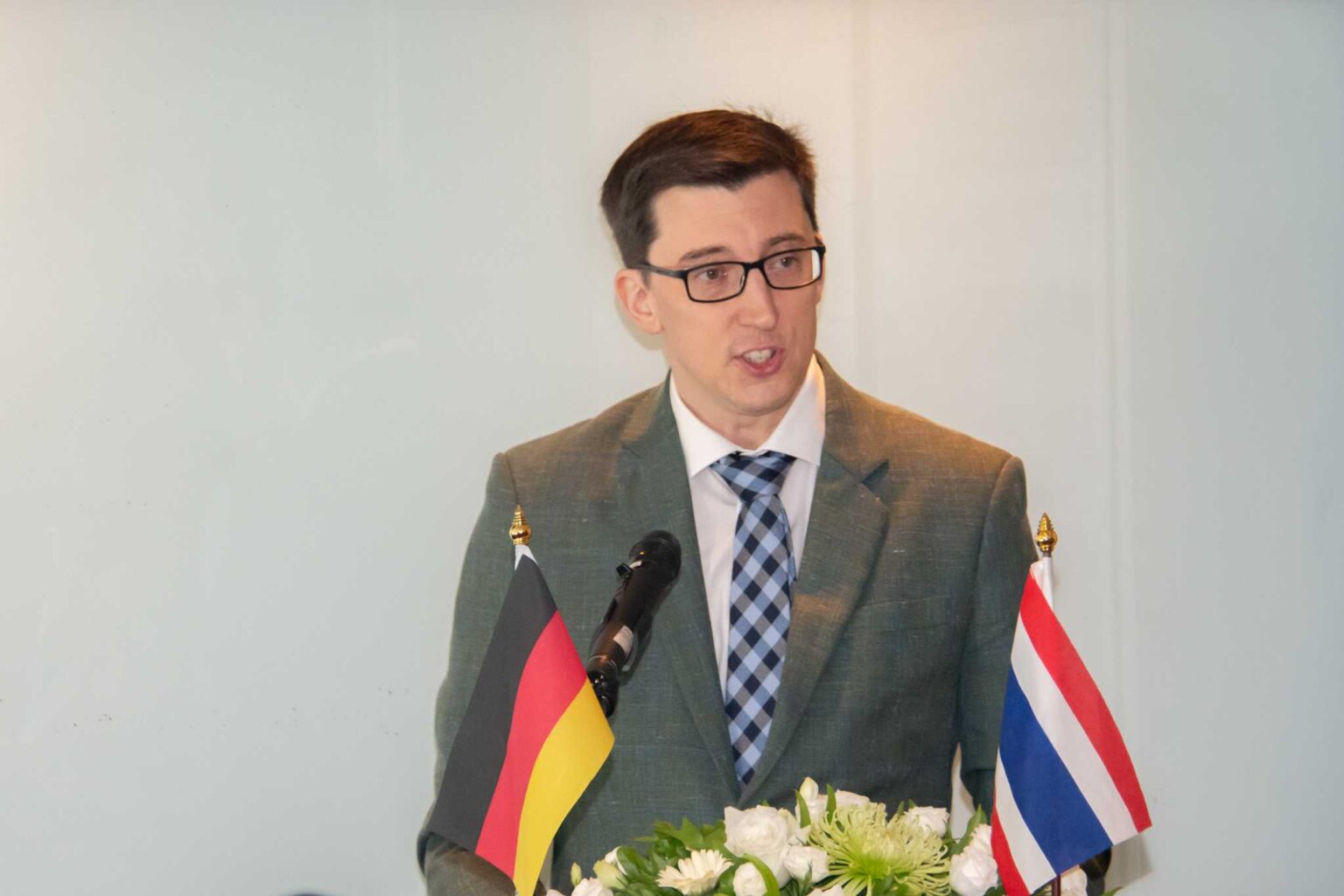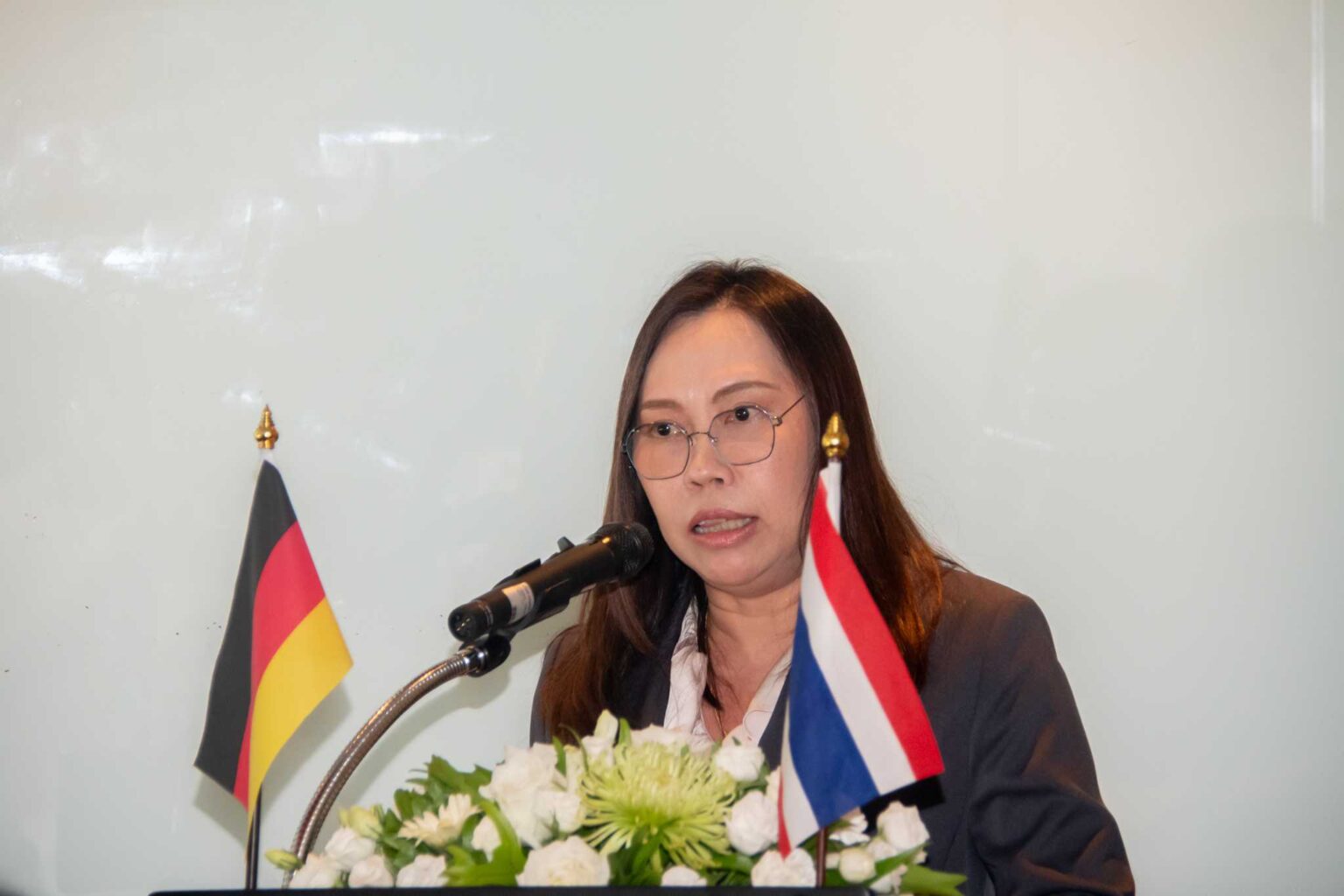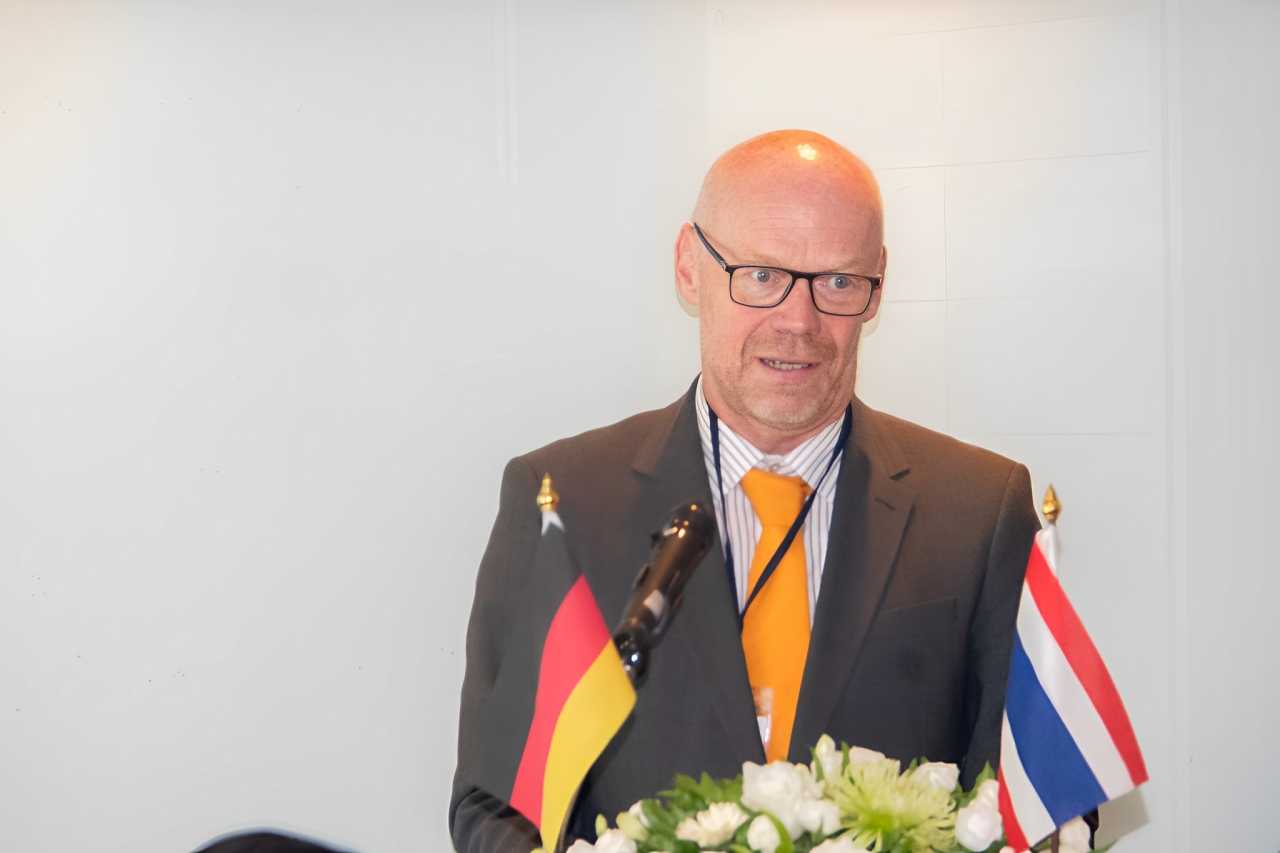Bangkok, 16 June 2025 - The National Science and Technology Development Agency (NSTDA), in collaboration with the Institute of Bio- and Geosciences (IBG-2) at Forschungszentrum Jülich, Germany, and several institutional partners, officially launched a large-scale genotype and phenotype database for cassava—one of the world’s most extensive databases of its kind. This achievement is the result of a collaborative Thai-German research project aimed at supporting cassava breeding, improving production efficiency, and contributing to long-term food security.


The project, titled CASSAVASTORE, focused on the study of phenotypic, genotypic, and physiological traits related to storage root development in cassava (Manihot esculenta Crantz). With a total budget of over 62 million THB, the project was implemented between 2017 and 2019. German research activities led by Forschungszentrum Jülich received funding of €803,356 (approx. 32 million THB) from the German Federal Ministry of Education and Research (BMBF), while Thai researchers were supported by NSTDA with approximately 30 million THB. Key partner institutions include Forschungszentrum Jülich, BIOTEC and NECTEC under NSTDA, King Mongkut’s University of Technology Thonburi (KMUTT), and the Rayong Field Crops Research Center of the Department of Agriculture.

Dr. Kobkul Laoteng, Deputy Executive Director of BIOTEC-NSTDA, noted, “As a result of the project, Thailand has compiled valuable phenotypic, genotypic, and physiological data from over 600 Thai and international cassava accessions, all conserved at the Rayong Field Crops Research Center. This data is crucial for future breeding programs aimed at improving productivity.”

Prof. Dr. Uwe Rascher of Forschungszentrum Jülich added, “We are pleased to have worked with Thai researchers to apply advanced our advanced Magnetic Resonance Imaging (MRI) technology in combination with the VDO Box developed by NECTEC to monitor root development across 600 cassava accessions. We are able to accurately examine the key factors and processes affecting the growth and development of cassava storage roots—an important step forward for agricultural research in Thailand and the region.”

Dr. Sissades Tongsima, Director of the National Biobank of Thailand (NBT) under BIOTEC, emphasized, “The data collected through this project is now systematically curated at NBT and will soon be made available to researchers and plant breeders worldwide. Our goal is to establish one of the world’s largest and most accessible cassava genetic databases.”

Dr. Tobias Wojciechowski, Senior Scientist from IBG-2 at Forschungszentrum Jülich added that “the CASSAVASTORE collaboration demonstrates the potential of cross-border scientific partnerships to elevate Thai agriculture and position the country as a leader in sustainable crop development.”
The database created through this project will serve as a vital resource for researchers, breeders, and agricultural industries around the globe, helping to drive cassava production that is more efficient, disease-resistant, and resilient to changing environments—ultimately strengthening global food security.
